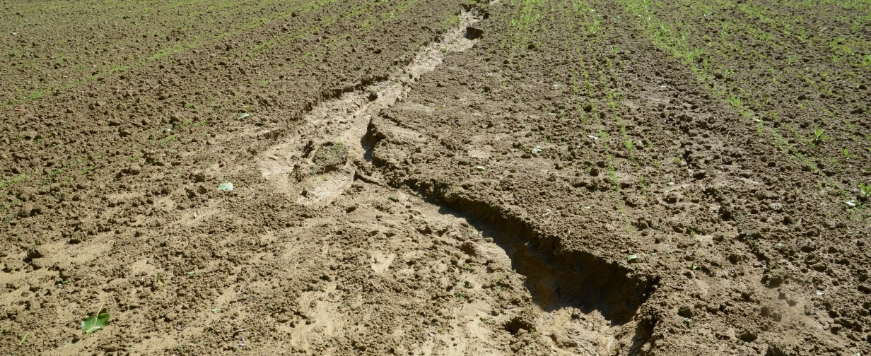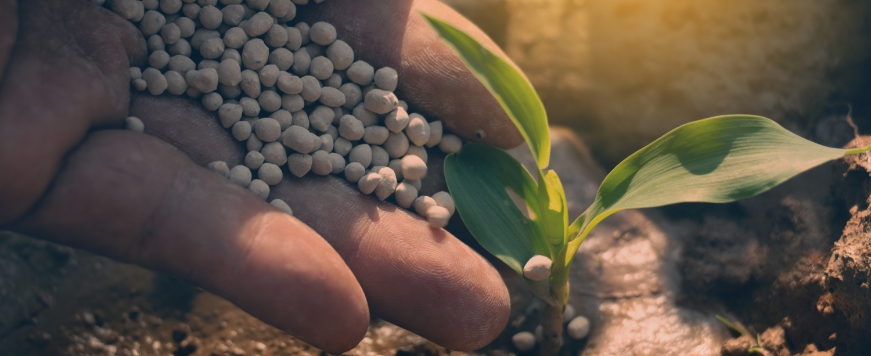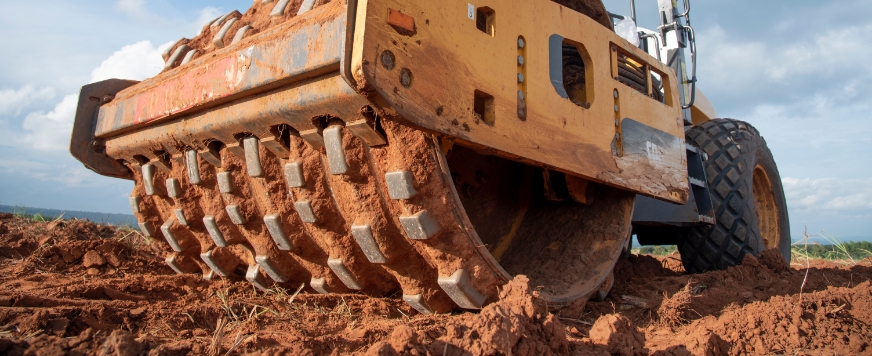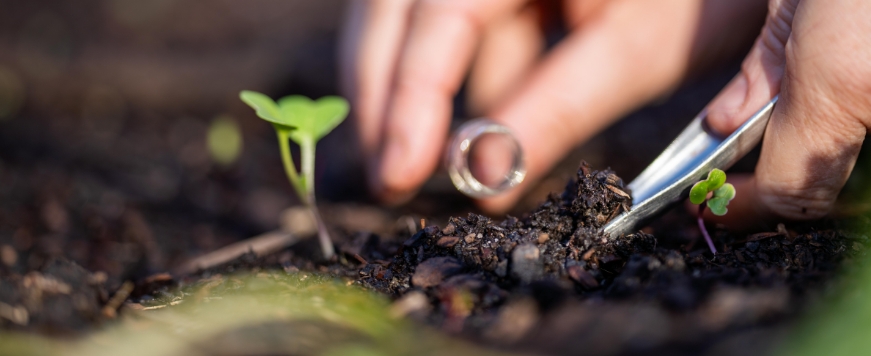Decision Support Tools
What are the DSTs?
Decision Support Tools (DST) are tools accessible online that will help farmers by i) evidencing a possible problem in soil health status, ii) proposing agricultural practices to improve the situation, when degraded or at risk, and iii) monitoring the soil health status development in time.

DST on soil erosion is a digital tool developed to identify and monitor erosion symptoms on farms. It allows the user to make an accurate and rapid assessment of the state of the soil in terms of erosion processes. The result is an integral erosion assessment, categorised in a traffic light system, together with specific recommendations. It is designed with two different particular sections, one for arable land and another for woody crops, for a tailored appraisal of erosion and recommendations for restoration measures.

DST on fertilisation is a digital tool designed to assist farmers in making informed decisions regarding crop fertilisation management. It facilitates the estimation of balanced NPK fertilisation doses based on the crop’s nutritional requirements while also providing an evaluation of current fertilisation practices.

Soil compaction poses a risk to soil health and its ability to fulfil its functions. It is a form of soil structure degradation that affects fertility by reducing infiltration capacity, hydraulic conductivity, water storage capacity, and air permeability. The DST on soil compaction helps users detect the type and severity of compaction and provides personalised prevention and restoration recommendations.

The DST on soil carbon is a digital tool designed to assist farmers in making informed decisions to promote practices that enhance soil health based on its carbon content and storage capacity. It enables the estimation of soil quality by analysing its texture and organic carbon content. Additionally, it allows for the monthly estimation of organic carbon evolution in the soil over several years.

Soil biological properties are very sensitive indicators of soil health. They play an important role in providing relatively quick information about the impact of soil management. The DST on soil biology helps and guides stakeholders in making decisions regarding soil management aimed at establishing a healthy soil ecosystem, which is the foundation for healthy food production and food security.

Soil structure controls pore size distribution, water retention capacity, and water circulation pathways in the soil. It is influenced by the way soil particles of sand, silt, clay, and organic matter assemble into larger particles called soil aggregates. Soil structure determines the movement of water and nutrients to the plant. The DST on soil structure is used to evaluate soil structure and provide recommendations for improvement.